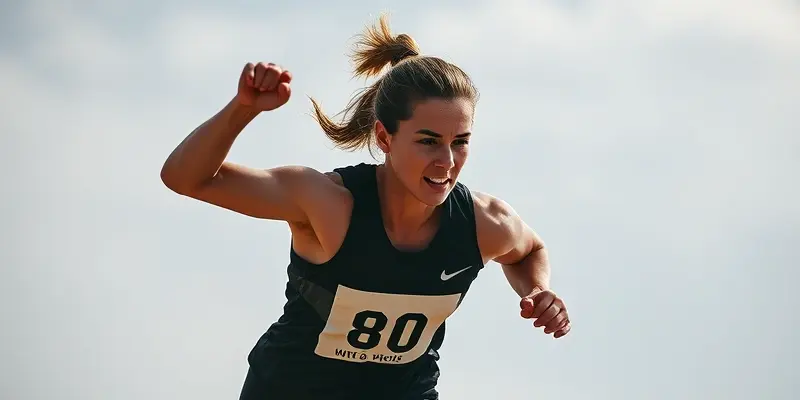What Michael Phelps Teaches Us About Recovery: Mind & Body Lessons for Every Athlete
Whether you’re just starting at the gym or pushing for a new personal best, you likely focus on physical recovery. But what about your mind? Michael Phelps—the most decorated Olympian in history—reminds us that true recovery is as much mental as it is physical.
Let’s explore how Phelps’ journey can guide you through injury prevention, faster recovery, and long-term well-being at any fitness level.
Give Mental Health Equal Priority: The Phelps Perspective
Most of us plan our training—how many reps, how heavy, when to rest. Yet, even Phelps admits that, early on, he overlooked mental wellness. After each Olympics, he faced deep “post-event depression,” feeling lost and isolated.
What can we learn?
- Mental setbacks are real and common: If the world’s best swimmer struggled, you’re not alone if you feel demotivated or anxious after a big event or injury.
- Recovery starts in the mind: Just like scheduling a rest day, plan time for mental check-ins, journaling, or simply talking to someone you trust.
- Destigmatize asking for help: Phelps shattered myths by embracing therapy. Seeking support isn’t weakness—it’s strength.
Practical Steps: Injury Prevention and Recovery for Everyone
Beginner-Friendly Recovery Tools
Prevention and healing are ongoing projects. Here’s your toolkit:
- Rest is training: Schedule regular rest days—yes, really! Overtraining leads to injuries and burnout.
- Adapt movements: If you’re injured, try alternatives (swimming with a kickboard, walking instead of running).
- Mental recovery: Meditation, journaling, or short walks can help reset your mind during downtimes.
Spotting and Preventing Common Injuries
Swimmers, runners, and lifters alike face:
- Overuse injuries (tendinitis, strains, stress fractures)
- Why? Rapidly upping intensity without enough rest.
- How to prevent:
- Warm up and cool down. Five minutes before and after makes a huge difference.
- Build up slowly. Increase reps or weights by only 5–10% weekly.
- Listen to your body. Fatigue—mental or physical—can warn you of risks.
Healing Faster: Nutrition and Gadgets
- Eat to heal: Focus on lean protein (chicken, tofu), antioxidants (berries, veggies), and good fats (salmon, walnuts).
- Hydrate well: Water speeds recovery more than most supplements!
- Repair tools: Try foam rollers, massage guns, or even targeted compression sleeves. These support blood flow for tissue repair.
- Sleep is magic: Fitness trackers can help monitor sleep quality, a vital element both for mental reset and muscle recovery.
Building Your Mindset: Motivation, Goals, and Support
Psychological Methods for Stronger Recovery
Recovery isn’t just about the body—here’s how to boost your mind:
- Set small goals: Celebrate little milestones—today’s five-minute walk can lead to tomorrow’s run.
- Visualize progress: Imagine how you’ll feel finishing rehab or hitting your next milestone. This approach ties closely to visualization for healing.
- Stay patient and kind: Recovery takes time, and setbacks are part of the journey. Phelps himself learned this lesson between every Olympics.
When to Ask for Help
- Persistent sadness, anxiety, or lack of motivation: These are signs to connect with a professional or supportive community.
- Don’t go it alone: Just like a coach helps with your form, a therapist or a friend can guide your mental recovery.
Conclusion: The Holistic Approach for Lifelong Strength
Michael Phelps’ story proves that performance and struggle often go hand in hand—and lasting growth happens when we care for both our body and mind. No matter your sport or level, a balanced approach fosters faster healing, more enjoyment, and resilience that lasts well beyond your next race or set.
Quick Takeaways:
- Schedule rest for both body and mind.
- Mix physical and mental recovery tools.
- Eat well, sleep deeply, and use recovery gadgets if helpful.
- Seek support, celebrate small wins, and always be patient with yourself.
Recovery isn’t solo work—it’s best as a community effort. Share your experiences, seek advice, and remember: you’re never alone on your journey to health and fitness.
Ready to embrace recovery, Phelps-style? Your mind and body will thank you.

